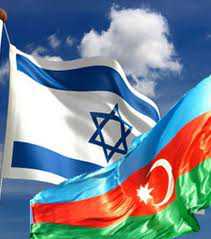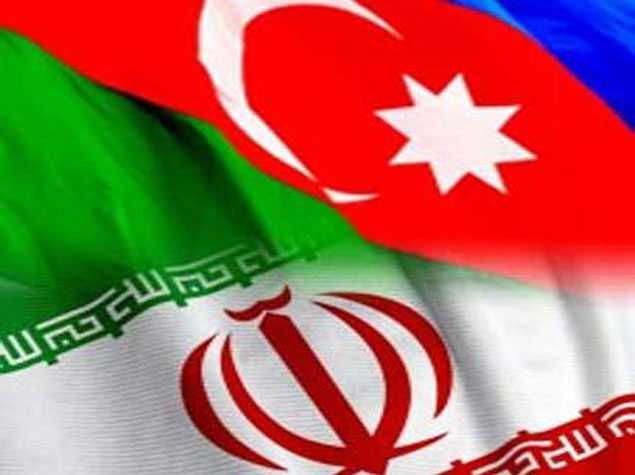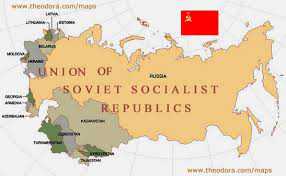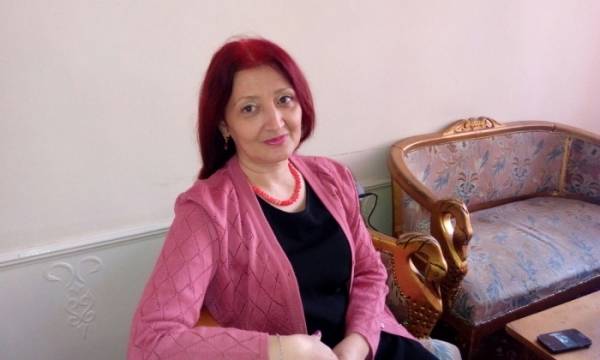 Peter Lyukimson, Israel. Exclusively to Vestnik KavkazaYesterday Azerbaijani Days organized by the Association of Azerbaijan and Israel (AzIs) and Hydar Aliyev Funs and the international fund of mountain Jews STMEGI opened in Israeli city of Kiryat Ekron.
Peter Lyukimson, Israel. Exclusively to Vestnik KavkazaYesterday Azerbaijani Days organized by the Association of Azerbaijan and Israel (AzIs) and Hydar Aliyev Funs and the international fund of mountain Jews STMEGI opened in Israeli city of Kiryat Ekron.25/09/2013 – “Azerbaijani Days in Israel is not the first and of course not the last step which we take to acquaint Israeli residents with the country of our origin, its history and culture and the difficult political situation in which Azerbaijan has found itself. The last is the most important because many citizens of Israel distort the situation and the essence of the Nagorno-Karabakh conflict – it is also due to the biased and one-sided methods of several powerful mass media of Israel. It determined our approach to holding Azerbaijani Days. We decided to combine cultural and educational programs within every event. Thus, acquaintance with Azerbaijani music, dances, literature is accompanied by exposition of the mobile exhibition “Justice for Khodzhaly” and lectures on the history of the Azerbaijani statehood, the Jewish community in Azerbaijan and the history of the Nagorno-Karabakh conflict,” Lev Spivak, Director General of AzIs, told Vestnik Kavkaza
Mayor of Kiryat Ekron Arje Hadad spoke at the opening ceremony of Azerbaijani Days. He didn’t hide that presented photos of the exhibition “Justice for Khodzhaly” were shocking to him: “Perhaps it would be right to speak about building bridges between our nations, how it is great that we celebrate Azerbaijani Days in our city. But after what I have seen, I want to speak about different things… We all think we are educated and informed people. We follow developments in Internet and are sure that we are well-informed. And then suddenly you realize that the history of the 20th century saw awful things, and you know nothing about them because somebody decided to hush them up. It is the most striking. It is impossible to watch the pictures and feel no pain and sympathy toward the victims of the outrage committed in Khodzhaly. We must know and remember what happened there. The world must know it!”
Azerbaijanis have always lived in peace and friendship with their Jewish neighbors; and mountain Jews of Azerbaijan had an opportunity to develop and preserve their unique culture, being devoted supporters of the Azerbaijani culture at the same time.
The speech by Satar Agarunov, a mountain Jew who was born in Cuba and now lives in Israel, confirmed this. He continues writing poems in the Azerbaijani language. One of the man motives of his poems is love for Azerbaijan, for its land and spiritual heritage.
Today there is a big group of writers and poets who are mountain Jews in Israel. They write in Azerbaijani. They are members of the Israeli branch of the Union of Writers of Azerbaijan and support contacts with the country of their origin. Some of them will be participants of the events planned for Azerbaijani Days.





